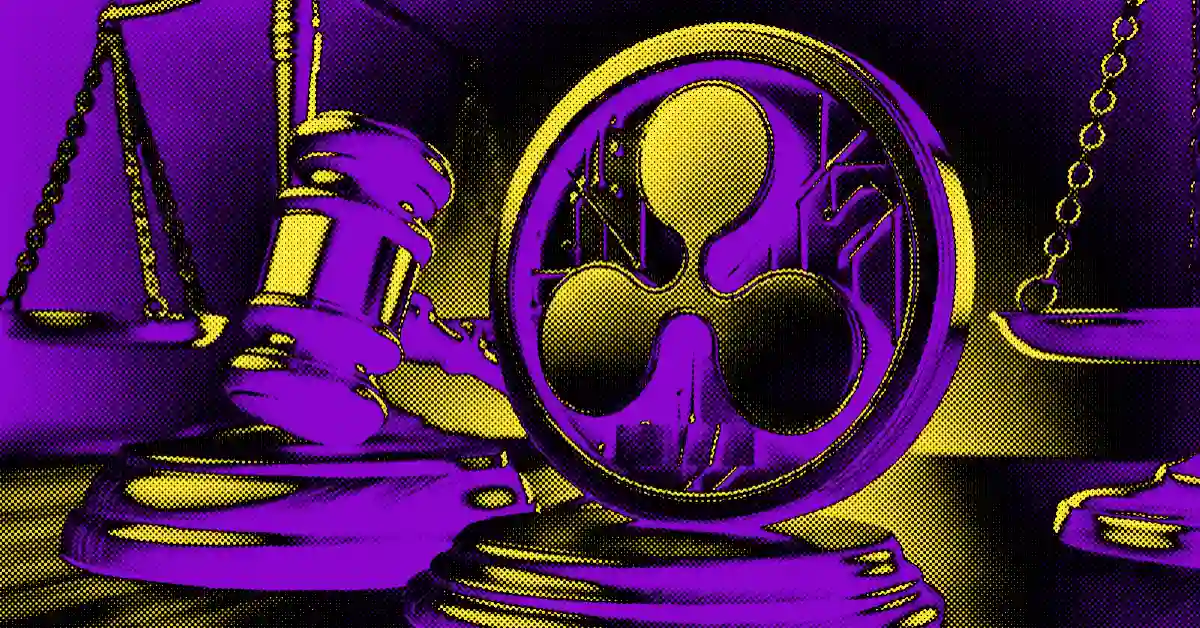
The Race for the Next SEC Chair: A Closer Look at the Candidates
With the search for the next Chair of the U.S. Securities and Exchange Commission (SEC) underway, several prominent names have emerged as potential candidates. Notable figures such as Brian Brooks, Paul Atkins, and Dan Gallagher are in the running. However, one name that attorney John Deaton believes should be excluded from consideration is Bob Stebbins.
Bob Stebbins’ Controversial Tenure
Bob Stebbins previously held the position of General Counsel under former SEC Chairman Jay Clayton. During his tenure, he played a significant role in approving enforcement actions, including more than 80 cases related to cryptocurrencies. Among these cases was the contentious lawsuit against Ripple, a decision that sparked widespread debate within the financial and legal communities.
The Ripple Lawsuit: A Questionable Decision
Stebbins’ involvement in the Ripple case has been particularly controversial. Despite warnings from experts about the potential negative impact on innocent investors, Stebbins approved the lawsuit against Ripple. This decision has been criticized for its perceived unfairness, especially when compared to the treatment of Ethereum, which faced a different regulatory approach. This discrepancy has raised questions about potential bias within the SEC’s regulatory framework.
Concerns Over Stebbins’ Role in Crypto Regulation
Stebbins’ role in the Ripple case is indicative of broader concerns regarding the SEC’s approach to regulating cryptocurrencies. His decision to approve the lawsuit coincided with a significant turnover within the SEC, as key figures such as the Director of Enforcement and other top officials departed from their positions. This exodus has led to growing skepticism about the SEC’s strategies for managing and enforcing crypto regulations.
Examining the Conflict of Interest and Hinman Emails
Another layer of controversy surrounding Stebbins involves the 2018 speech by former SEC official Bill Hinman. In this speech, Hinman declared that Ethereum was not a security, a statement that has been heavily scrutinized due to Hinman’s financial ties to Ethereum’s backers. The SEC’s attempts to keep Hinman’s emails under wraps further fueled suspicions of conflict of interest. It has since emerged that Stebbins was aware of these potential conflicts, adding to the criticism of the SEC’s decision-making processes.
Stebbins’ Influence on Ethereum’s Regulatory Treatment
Stebbins’ involvement in the Ethereum decision is also notable. Although Stebbins did not explicitly argue that Ethereum was a security, he expressed reservations about including Ethereum in Hinman’s speech. His concerns were rooted in the belief that it might restrict the SEC’s ability to alter its regulatory stance in the future. This cautious approach has been perceived as problematic, given the ongoing debates about consistency and transparency in crypto regulation.
Conclusion: The Future of SEC Leadership
As the race for the next SEC Chair continues, the scrutiny of candidates’ past actions and decisions remains intense. The controversy surrounding Bob Stebbins highlights the complexities involved in crypto regulation and the importance of selecting a leader who can navigate these challenges with fairness and transparency. The SEC’s approach to cryptocurrency will undoubtedly be a critical issue for the new Chair, making the selection process all the more consequential for the future of financial regulation in the United States.





